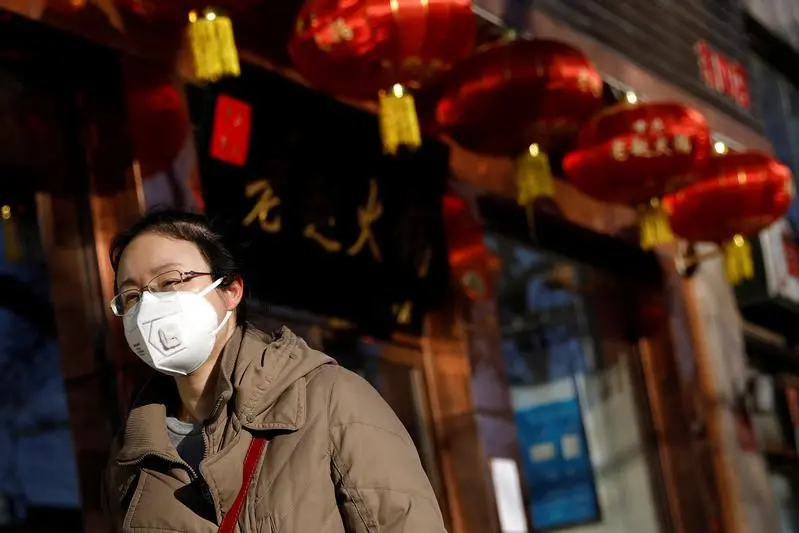PHOTO
It is easy to dismiss the latest coronavirus as another unforeseeable dot on the executive radar. Just two days after Covid-19 spread outside China, the World Economic Forum revealed in its annual global risks report that business leaders were under the impression the threat from infectious diseases was waning. In fact, their spread fell to last place out of 30 items keeping boards up at night. This might be one of the most expensive wake-up calls on record.
Outbreaks are happening more often, not less. The World Health Organisation gets about 7,000 signals of them every month. They are also getting more expensive because of increasingly complex supply chains and interconnected economies.
SARS cost an estimated $40 billion in 2003. Roughly speaking, pandemics and efforts to contain them, on average erode up to 1% of GDP annually, or about $870 billion this year, similar in scale to climate change, according to the World Bank. China’s vastly greater share of the global economy means this year’s bill is bound to rise. United Airlines, for example, disclosed last year that it generates $35 million in revenue from Apple alone ferrying executives between California and Shanghai.
With all this data available, it is inexcusable that so many boards were so unprepared. The restriction of movement across China may be surprising, but so is much of the over-reliance on concentrated areas of production to stock inventories. Bottlenecks and the lack of coordination will slow any recovery.
Michelin, Under Armour and Qualcomm are among the many companies struggling to explain the impact to investors. Stocks have been hammered following virus-related warnings, including that of Australian vitamin maker Blackmores, which can’t keep up with new demand because of the contagion’s effect on supplies. Alibaba boss Daniel Zhang last week joined a growing chorus of executives suggesting this coronavirus is a black-swan event. In other words: not our fault.
In fact, outbreaks are inevitable. Former Standard Chartered Chief Executive Peter Sands warned last year’s Davos audience of the dangers. Similar messages have been delivered for years. Many environmental, social and governmental standards also provide a framework for related risk assessment and mitigation that very few companies follow. It’s time for shareholders to demand a corporate remedy to epidemic inaction.
CONTEXT NEWS
- China's central Hubei province had 349 new confirmed cases of the coronavirus on Feb. 19, down from 1,693 a day earlier and the lowest since Jan. 25. The death toll rose by 108, down from 132 the previous day, bringing the total in China to over 2,100 deaths and 74,000 cases.
(Edited by Jeffrey Goldfarb and Katrina Hamlin)
© Reuters News 2020





















